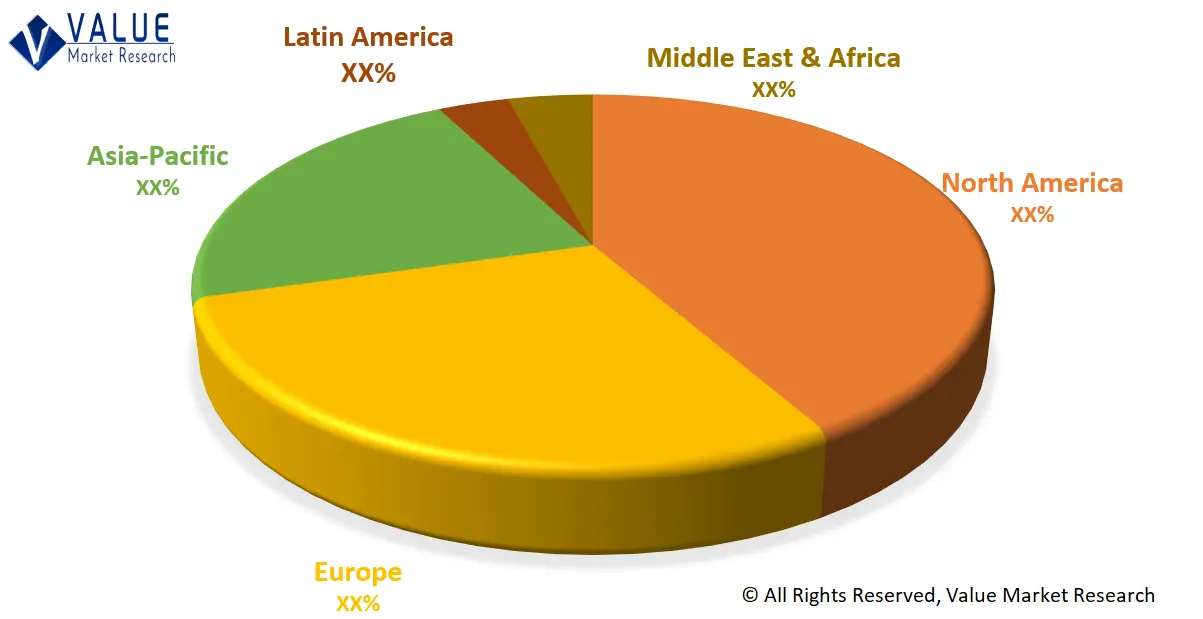The global demand for Cardiac Rhythm Management Systems Market is presumed to reach the market size of nearly USD 32.79 BN by 2030 from USD 19.52 BN in 2022 with a CAGR of 6.7% under the study period 2023 - 2030.
Cardiac Rhythm Management (CRM) Systems refer to a set of medical devices and technologies used to diagnose, monitor, and treat abnormal heart rhythms, also known as arrhythmias. Arrhythmias are conditions where the heart beats too fast, too slow, or irregularly, which can disrupt the normal functioning of the heart and adversely affect overall health. CRM systems typically include a combination of implantable devices, external devices, and software to manage and treat arrhythmias.
Market Dynamics
Arrhythmias are a common cardiovascular disorder affecting millions of people worldwide. The rising prevalence of arrhythmias, including atrial fibrillation, ventricular fibrillation, and others, is driving the demand for CRM systems for their diagnosis, monitoring, and management. The global population is aging, and older individuals are more susceptible to arrhythmias due to age-related changes in the heart's structure and function. As the elderly population grows, there is an increased demand for CRM systems to manage arrhythmias in this population segment, driving the market growth. CRM systems continue to evolve with technology, leading to more sophisticated and effective devices. This includes smaller and more durable implantable devices, advanced algorithms for arrhythmia detection and management, remote monitoring capabilities, and improved user interfaces, among others.
Technological advancements are driving the adoption of CRM systems by healthcare providers and patients, contributing to market growth. Increasing awareness about the importance of heart health, coupled with advancements in diagnostic technologies, has led to improved detection and diagnosis of arrhythmias. This has led to more patients being diagnosed with arrhythmias at an earlier stage, leading to increased demand for CRM systems for their management. Cardiovascular diseases, including arrhythmias, remain a leading cause of morbidity and mortality worldwide. The rising burden of cardiovascular diseases, driven by factors such as sedentary lifestyles, unhealthy diets, obesity, and diabetes, is increasing the demand for CRM systems as a part of comprehensive cardiovascular care. Unhealthy lifestyle choices (i.e. poor diet, low physical activity, smoking, and excessive alcohol consumption) contribute to an increased risk of developing arrhythmias. As these risk factors continue to rise, the demand for CRM systems for arrhythmia management is expected to increase. Reimbursement policies and favourable insurance coverage for CRM systems, especially in developed countries, can incentivize the adoption of CRM systems by healthcare providers and patients, driving the market growth. There is a growing emphasis on patient-centric care, with a focus on improving patient outcomes and quality of life.
CRM systems are crucial in managing arrhythmias and improving patient outcomes, which is driving their adoption and demand. Emerging markets, such as Asia-Pacific, Latin America, and Middle East & Africa, are witnessing rapid economic growth, improving healthcare infrastructure, and increasing awareness about cardiovascular health. These factors are driving the demand for CRM systems in these regions.
The research report covers Porter's Five Forces Model, Market Attractiveness Analysis, and Value Chain analysis. These tools help to get a clear picture of the industry's structure and evaluate the competition attractiveness at a global level. Additionally, these tools also give an inclusive assessment of each segment in the global market of cardiac rhythm management systems. The growth and trends of cardiac rhythm management systems industry provide a holistic approach to this study.
Market Segmentation
This section of the cardiac rhythm management systems market report provides detailed data on the segments at country and regional level, thereby assisting the strategist in identifying the target demographics for the respective product or services with the upcoming opportunities.
By Type
- HF Management System
- Cardiac Resynchronization Therapy (CRT) Devices
- Implantable Cardiac Defibrillator (ICD)
- Pacemakers
By Application
- Bradyarrhythmia
- Tachyarrhythmia
- Heart Failure
Regional Analysis
This section covers the regional outlook, which accentuates current and future demand for the Cardiac Rhythm Management Systems market across North America, Europe, Asia-Pacific, Latin America, and Middle East & Africa. Further, the report focuses on demand, estimation, and forecast for individual application segments across all the prominent regions.
Global Cardiac Rhythm Management Systems Market Share by Region (Representative Graph)

The research report also covers the comprehensive profiles of the key players in the market and an in-depth view of the competitive landscape worldwide. The major players in the cardiac rhythm management systems market include Boston Scientific, GE Healthcare, Medtronic, Cardiac Science, Philips Healthcare, Abbott, Mortara Instrument, Schiller, Sorin, Biotronik. This section consists of a holistic view of the competitive landscape that includes various strategic developments such as key mergers & acquisitions, future capacities, partnerships, financial overviews, collaborations, new product developments, new product launches, and other developments.
In case you have any custom requirements, do write to us. Our research team can offer a customized report as per your need.

